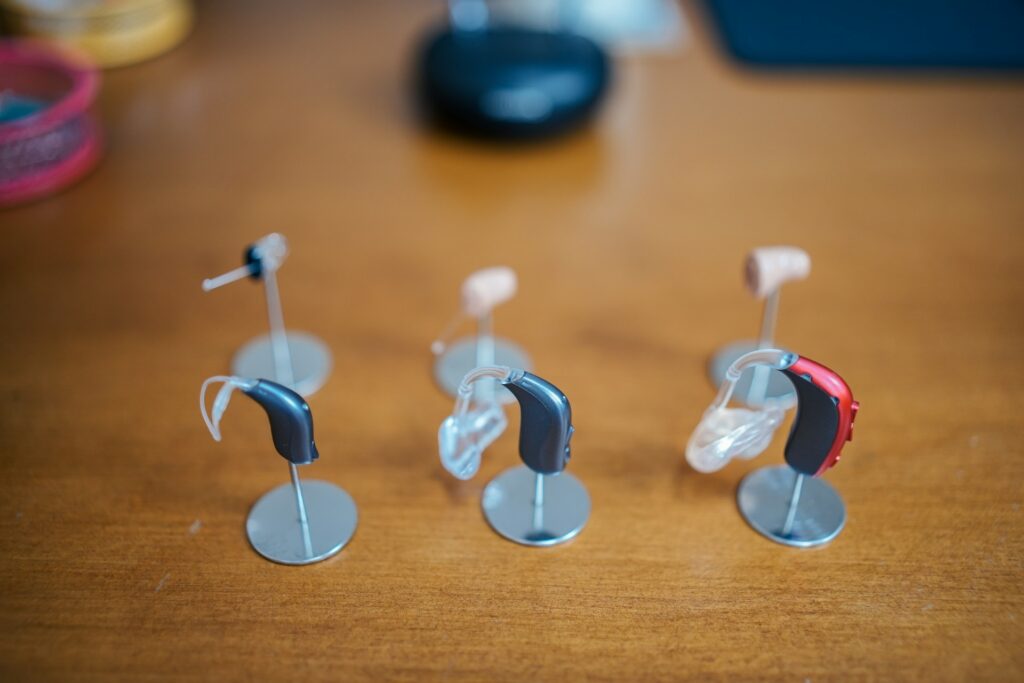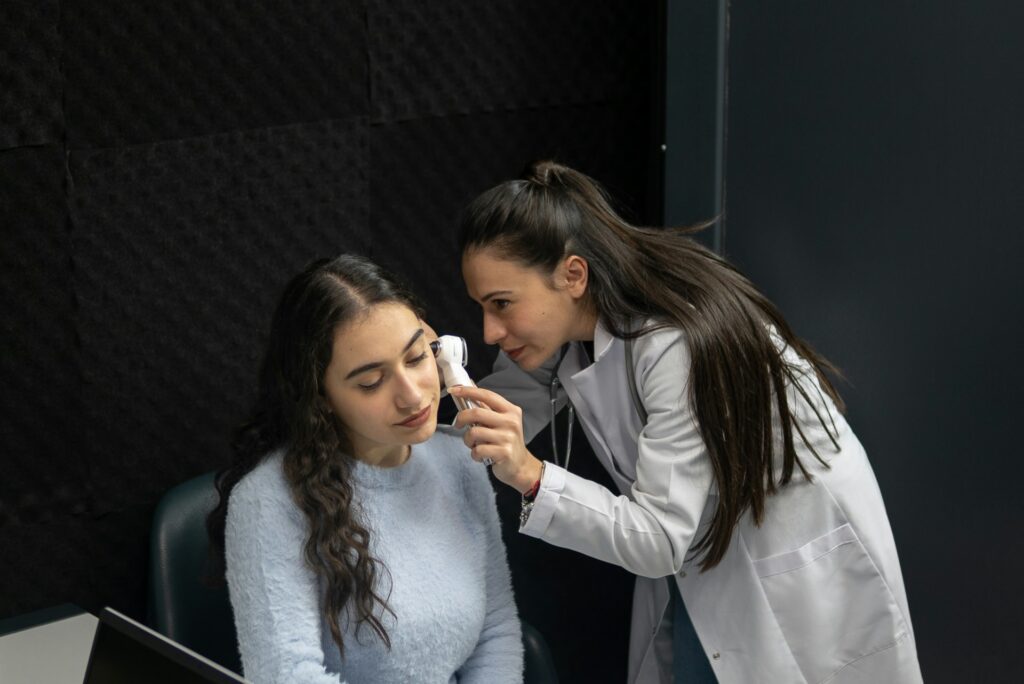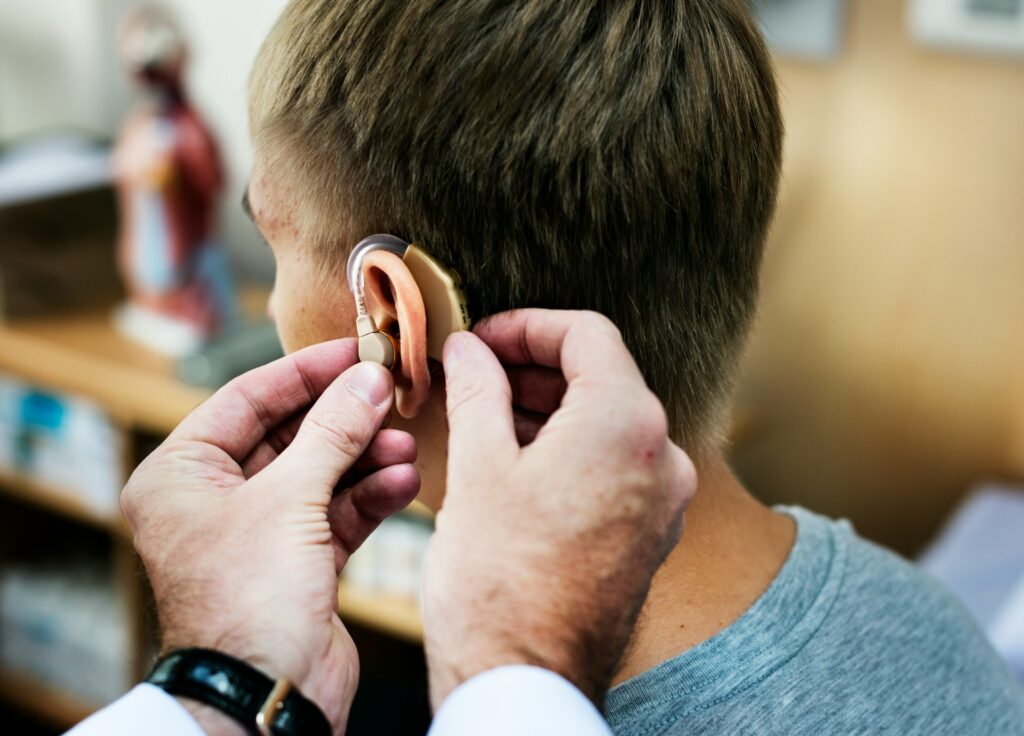Did you know at least 74 percent of people aged 71 and older will experience hearing loss?
Elderly hearing loss (or presbycusis) is the most common condition to affect you as you age. But you're not alone. By 2050, one in four Australians is expected to have some degree of hearing loss.
But you shouldn't let it impact your quality of life. There are treatments available in Australia that can improve your hearing and allow you to enjoy your golden years.
Read on to find out more about hearing loss due to aging.
What Is Presbycusis?
Presbycusis is the medical term for hearing loss in the elderly. It is the gradual loss of hearing in both ears and can be difficult to pick up because of its slow process.
You may not be aware of the changes at all. And in many cases, it is a family member or close friend that brings it to your attention.
It is also one of the most common types of sensorineural hearing loss. This means the hearing loss is associated with the sensory and nerve cells.
Presbycusis affects high-pitched sounds. For example, you may struggle to hear a child talking or the telephone ringing. But, you might clearly hear the low-pitch sound of a drum or a large bell.
That's because the tiny hair cells inside your inner ear that pick up sound waves become damaged or die. These cells do not regenerate, so your hearing will not improve on its own.
It's important to know what is elderly hearing loss, so you can identify your own symptoms and consider getting your hearing checked.
What Are the Causes of Presbycusis?
There are many causes for presbycusis, but for most, it is a result of age-related changes in several locations in the body. These include:
- Inside the inner ear
- Inside the middle ear
- Neural pathways to the brain
It may also be caused, or made worse, by:
- Exposure to loud noises (workplace or otherwise)
- Genetics
- Head trauma
- Medication (antibiotics and chemotherapy)
- Other health-related conditions
Other conditions can include diabetes, high blood pressure, and problems with blood circulation. This is because your ears rely on a good supply of blood flow. Restricted blood flow can result in permanent hearing loss.
Signs of Elderly Hearing Loss
Symptoms can vary, but some of the most common include:
- A constant ringing in one or both ears (tinnitus)
- Certain sounds that are louder than others
- Difficulty hearing in noisy areas
- Asking people to repeat themselves
- Other people sound slurred or mumbled
You may also find yourself turning the television volume up much higher than normal. And, you might struggle to hear conversations through the telephone.
If you're experiencing one or more of these symptoms, it's important to contact your doctor and book an appointment. Your doctor will conduct a hearing test and discuss possible hearing solutions.
How Is Presbycusis Diagnosed?
Knowing what to expect during a hearing test may help to reduce the uneasiness of getting one.
When diagnosing presbycusis, an audiologist will discuss your medical history. They will do this to find out if any factors could contribute to your hearing loss. This may include exposure to loud noises and genetics.
Next, they will examine the inside of your ears to rule out other potential causes other than hearing loss. If your audiologist suspects it is hearing loss, they will conduct a hearing test.
They will play sounds at different frequencies to test your ears. Each time you hear a sound you will press a button or raise your hand. If you do need a hearing aid, your audiologist will instruct you on how to use it.
Is There Treatment Available?
There is no cure for age-related hearing loss. But treatment is available to improve your hearing and quality of life. Your treatment will largely depend on the severity of your hearing loss.
The most common forms of treatment include:
- Hearing aids
- Assistive devices, such as an amplifier
It's not easy to admit you could be hard of hearing, but it's important to not let your hearing go untreated either. Hearing loss can also point to a range of other serious illnesses, including brain tumors, Meniere's disease, and stroke.
Get a hearing test as soon as you think something is wrong. Treatment is available for you.
Can You Prevent Age-Related Hearing Loss?
Unfortunately, there is no sure-fire way to prevent age-related hearing loss. However, there are some steps you can take to give yourself the best chance to protect your heading. They include:
- Avoid exposure to loud noises
- Maintain a good diet and exercise
- Safely clean your ears
- Take alternative medications
Some medications can be linked to hearing loss. Check with your doctor to see if you can take a different medication.
Age-related hearing loss is not completely preventable. But taking care of your ears, as well as understanding what to identify can help.
Schedule a Hearing Test
Are you struggling to hear or constantly asking someone to repeat themselves?
If so, it might be time to get your hearing checked.
Elderly hearing loss is common but it's not always easy to recognise. At Country Hearing Care, our team of hearing clinicians wants to help. We provide local, expert care to our clients which is why we are highly regarded in the hearing industry.
One simple hearing test could change your life. Book a hearing test today.










